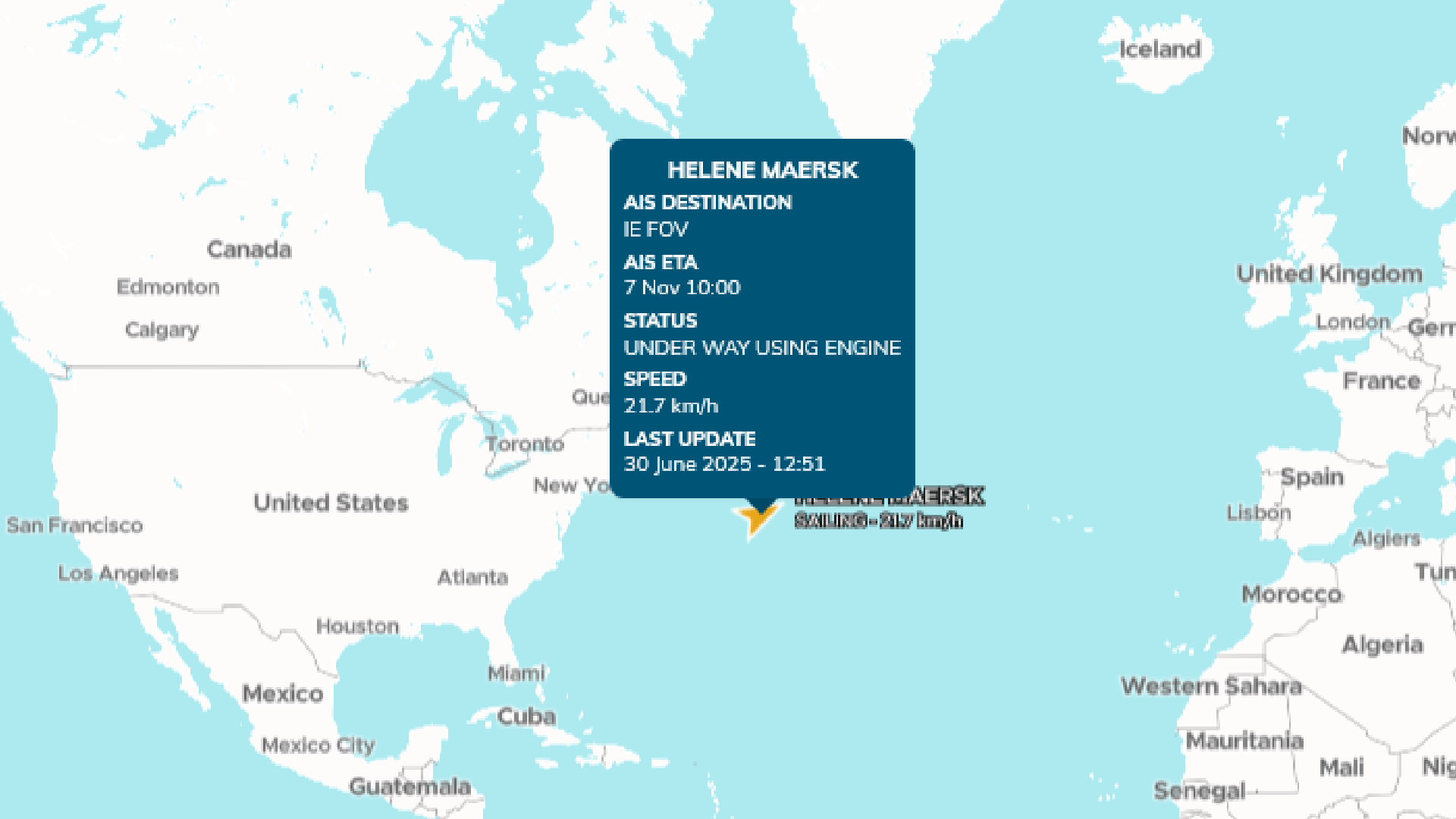The challenge of sustainability and digitization
The maritime industry is currently facing two challenges: meeting the sustainable development goals and leveraging the potential of (new) digital technologies on its path to sustainability. It is a fact that digital transformation is happening across the industry, and it is important to understand how to link this transformation to achieve the sustainability goals.
Governments, stakeholders and consumers are putting more and more pressures on businesses to prioritize sustainability in their strategies. In recent years, environmental concerns have become a lot higher on the list of concerns for organizations. However, not many businesses have truly integrated sustainability strategies into their operations. A report by IBM’s Institute for Business Value showed that only 35% of companies have acted on their sustainability strategy.
The importance of digital technology in achieving a sustainable future
The truth is, although people in the industry have come to care more about sustainability, for many, it is still difficult to face the issue. The challenge lies in how organizations need to handle data, and how to capture the most relevant insights for sustainability initiatives. Actionable insights are crucial in achieving sustainable goals, but are not easy to obtain.
This is where digital transformation comes in. In order to remain adaptive and achieve important sustainability milestones, maritime businesses need to consider innovative digital solutions. Data, AI, Internet of Things (IoT), cloud technologies, etc. have been on the radar of most businesses as solutions for their strategies, but the true challenge is how to integrate them effectively into business operations.
Smart systems and innovative use of data and AI have been used to improve efficiency of operations, therefore reduce waste and further the goal of sustainability. IoT and big data analytics are also essential for defining environmental issues and mapping solutions for them. Using these tools, businesses can accurately measure their performance and improve their carbon footprint. With the right strategy, digital technologies can be incorporated into maritime business operations and enhance sustainability practices.
Conclusion
It is important for businesses to understand sustainability as the catalyst for a more fundamental change. Companies need to be innovative and collaborative. Making use of emerging technologies and working together with supply chains and business partners, are the steps that companies need to take in order to achieve their sustainability goals.
Achieving sustainability is not an easy task, but as long as businesses are persistent in their efforts and remain open-minded to new solutions, the industry will continue to move forward. At Teqplay, we have actionable insights and always strive for innovation and collaboration, to assist the maritime businesses in their journey towards a sustainable future.





